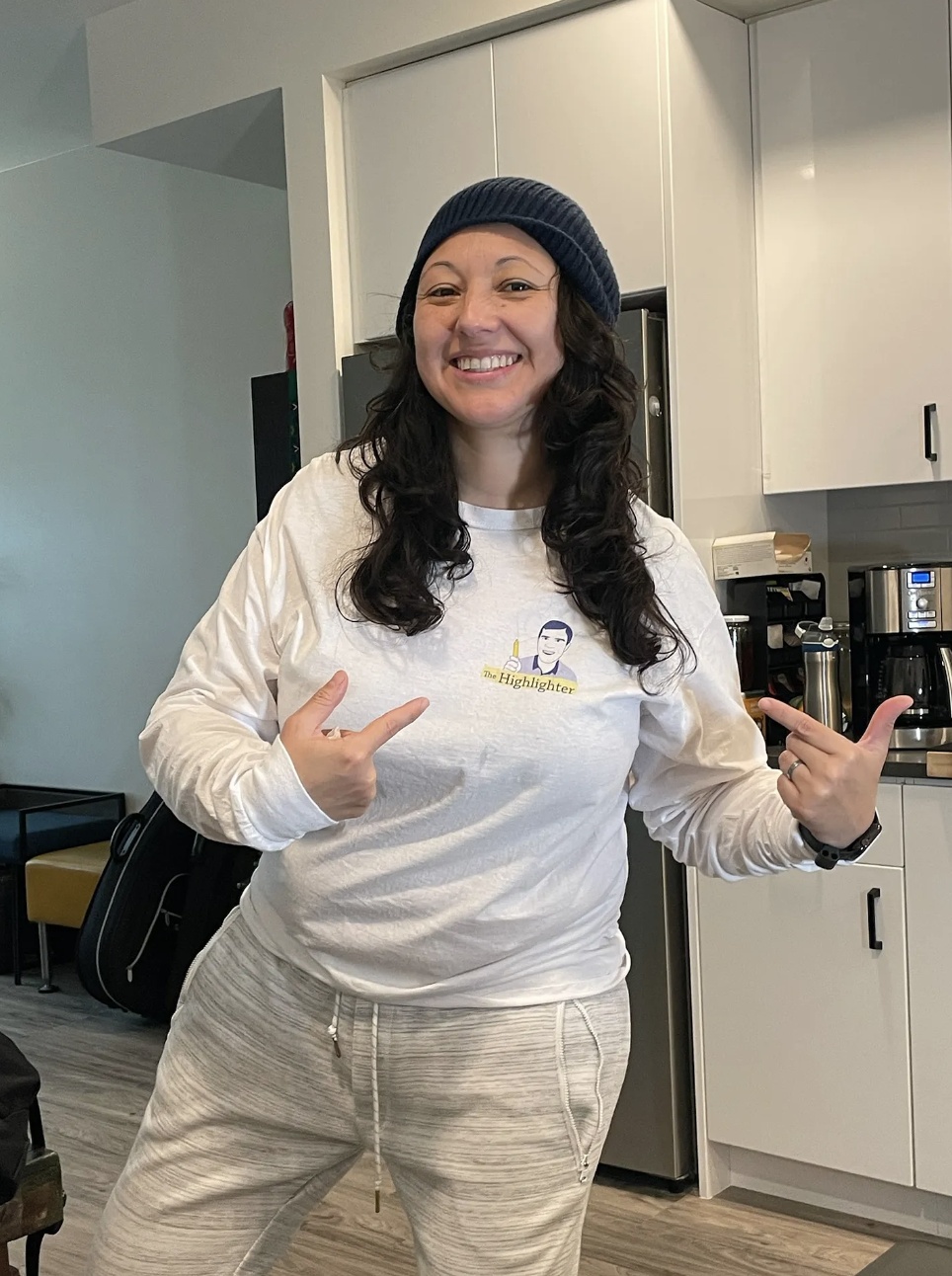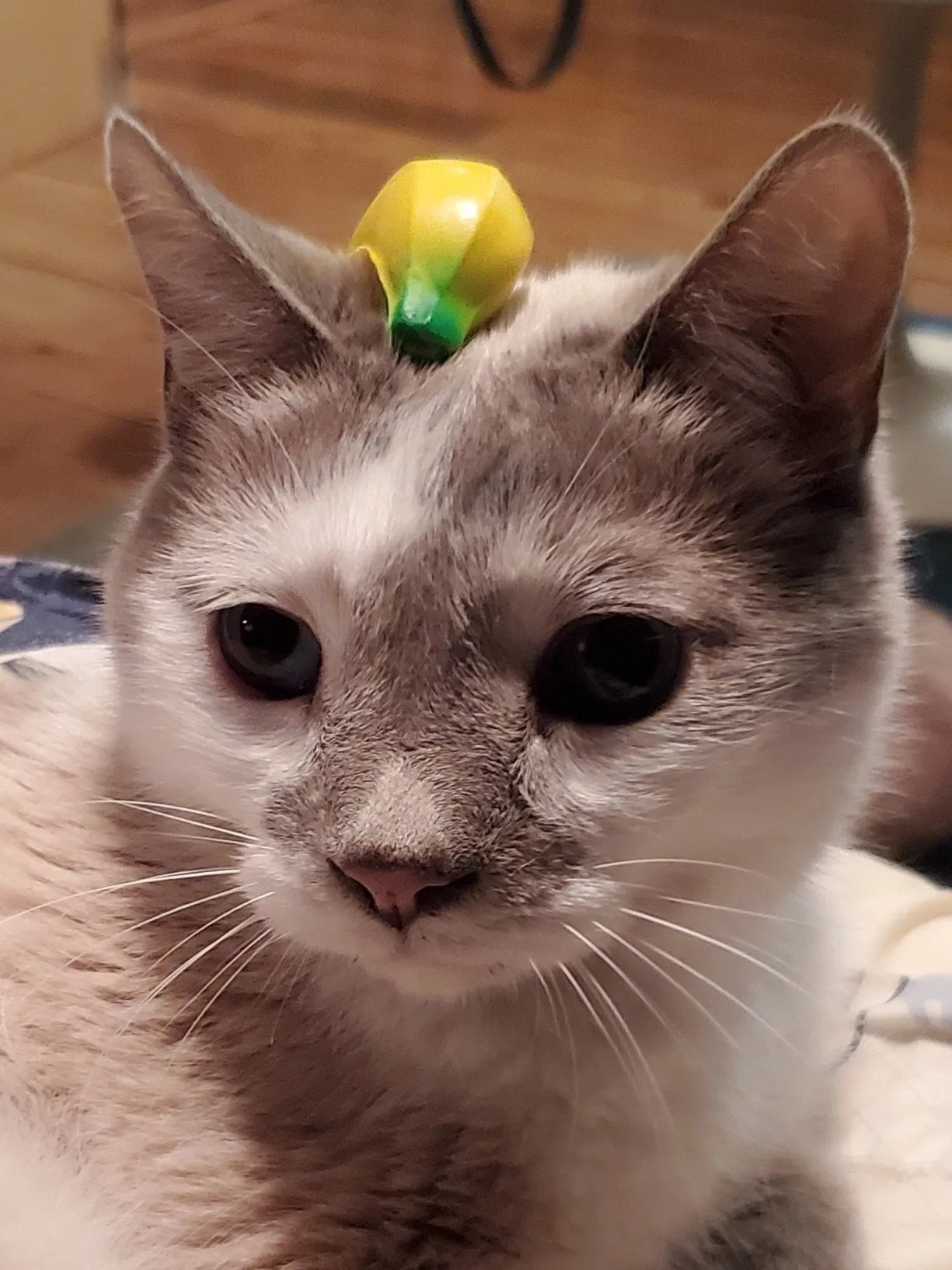Three poignant stories about humans and the connections they make
Happy Thursday. Last week’s interview with Dashka Slater was a big hit. Thank you for listening and signing up for our discussion of her outstanding article, “The Instagram Account That Shattered A California High School.” We’re meeting on October 29 at 2 pm PT. There are two slots left if you’re interested.
Now let’s get to this week’s issue. Long-time readers have sometimes told me, “Mark, I love the articles you choose, but why do they have to be so serious all the time?” It’s true: I love reading pieces that are big and take on serious subjects about systems and structures and why things are the way they are.
But this time, let’s turn things around and focus on three regular stories about three regular humans. I think they’re wonderful. You’ll meet a mover in New York City who loves to help people. You’ll meet a man named Dan whose dad is distant. And you’ll meet a big-hearted mom who doesn’t want her daughter to die.
My hope is that at least one of these stories will move you and remind you of the power of human connection. You’re always encouraged to share your thoughts below. Hope you have a good weekend ahead.
1️⃣ A New York City Mover Who Carries More Than Your Boxes
Just by listening to him, it’s clear that Adonis Williams is a good, generous person. He’s a mover in New York City. Over the last 20 years, he has moved 3,500 people. With each move, Adonis has caught a glimpse of a life in transition.
He says there are happy moves and sad moves. The happy moves involve getting a bigger place, or couples moving in together, or kids going off to college. But then there are the sad moves — with sad stories of divorce, break-ups, and eviction.
Adonis talks with his customers about it all. “You become the bartender or the taxi driver that they need to vent to.”
By Anna Sale • Death, Sex & Money • 33 min • Apple Podcasts • Transcript
2️⃣ Dan
Nineteen years ago, Dan went on a first date with a woman named Nancy. In many ways, it was a typical first date. (Evidence: They went to dinner at a restaurant.) But for at least two reasons, it was not typical:
Things actually went well! (Dan and Nancy are married now.)
At the end of the meal, a stranger took their picture and kept the photograph.
Now Dan wants the photo back. But who has it? With host Jonathan Goldstein’s help, Dan finds out. But there’s a problem. In order to get the photo, Dan will have to face the last person he wants to.
By Jonathan Goldstein • Heavyweight • 38 min • Apple Podcasts
Ollie, who belongs to loyal reader Kati, is an Article Club Hall of Famer. In addition to taking human shoes outside, Ollie likes sticking out his tongue. Want your pet to appear here? Nominate them! hltr.co/pets
3️⃣ The Call
In Issue #412, I featured an article about a woman named Jessica Blanchard who volunteers for a hotline whose goal is to prevent drug users from overdosing. After I shared the piece, loyal reader Ben reached out. “Wasn’t that a podcast?” he asked. Indeed it was, and it’s beautiful. Hope you take a listen.
Here’s my blurb about the article. The podcast episode is even better.
Kimber King came close to dying after she overdosed on fentanyl the day after she got out of rehab. She survived because she called Never Use Alone, a hotline and nonprofit that focuses on ending accidental overdose mortality. Its motto is, “No stigma. No judgment. Just love.” This well-written article profiles volunteer Jessica Blanchard, who answered the phone and quickly noticed Kimber was in danger. Her training as a nurse certainly helped, of course. But so did Ms. Blanchard’s intuition and personal experience; her daughter has overdosed 11 times. “When you call,” she said, “my hope is that you’re speaking in print. Nice print, second-grade letters. You’re gonna use, you may move to cursive, you may move to calligraphy. I try to keep you out of the hieroglyphics. I can’t understand that,” she said. The paramedics made it just in time. Kimber calls Ms. Blanchard mama now.
By Mary Harris • This American Life • 61 min • Apple Podcasts • Transcript
Thank you for reading this week’s issue. Hope you liked it. 😀
To our 10 new subscribers — including Maryanne, Jess, Jenny, Brooke, Elaine, Claudia, and Natalia — I hope you find the newsletter a solid addition to your email inbox. To our long-time subscribers (Ramona! Ruby! Rhett!), you’re pretty great, too. Loyal reader Jason, thank you for sharing the newsletter and getting the word out.
If you like Article Club, please help it grow. I really appreciate your support. Here are two ways you can help out:
📬 Invite your friends to subscribe. Know someone who’s kind, thoughtful, and loves to read? I’d love it if you encouraged them to subscribe. Word of mouth is by far the best way to strengthen our reading community. Thank you for spreading the word.
❤️ Become a paid subscriber, like Rénee and Maryanne just did (thank you!). I’m biased, but I personally think it’s worth it, if you can afford it. You’ll join an esteemed group of readers who value Article Club. Plus you’ll gain access to our monthly discussions, our monthly quiet reading hours, and my personal audio letters from me to you. It’s $5 a month or $36 a year.
On the other hand, if you no longer want to receive this newsletter, please feel free to unsubscribe. See you next Thursday at 9:10 am PT.













